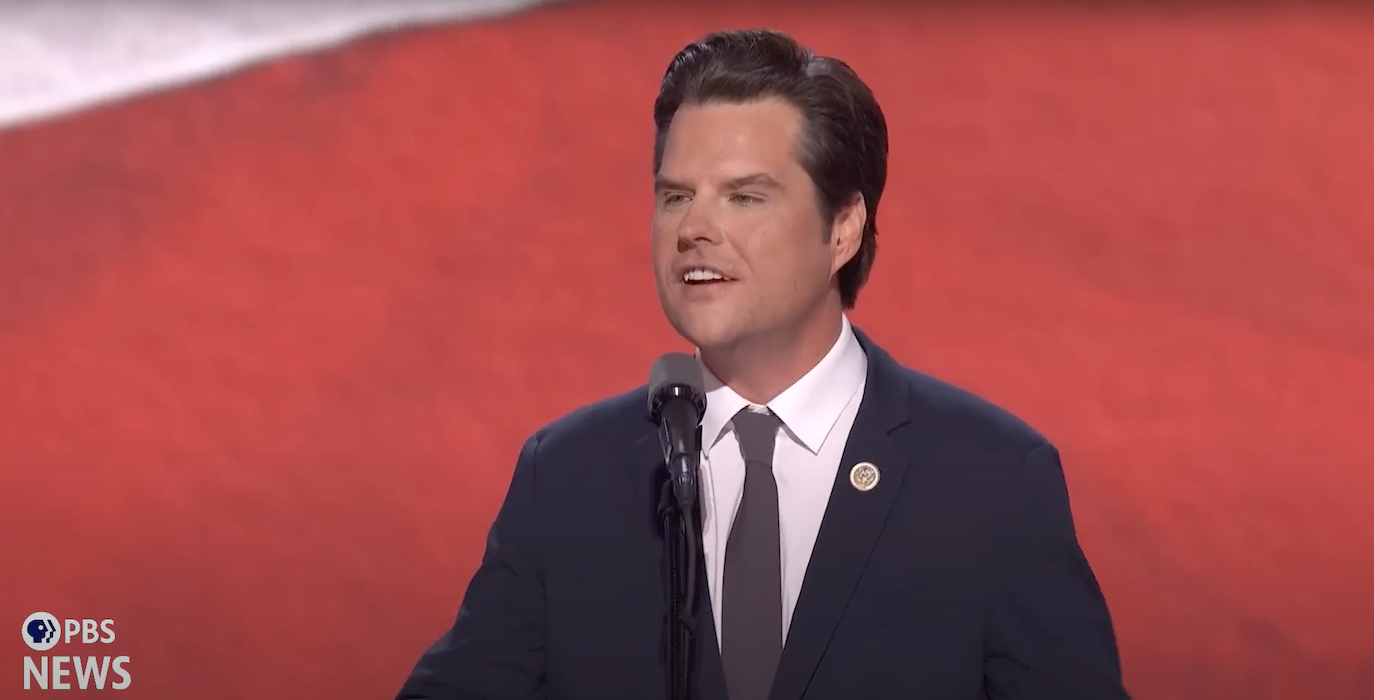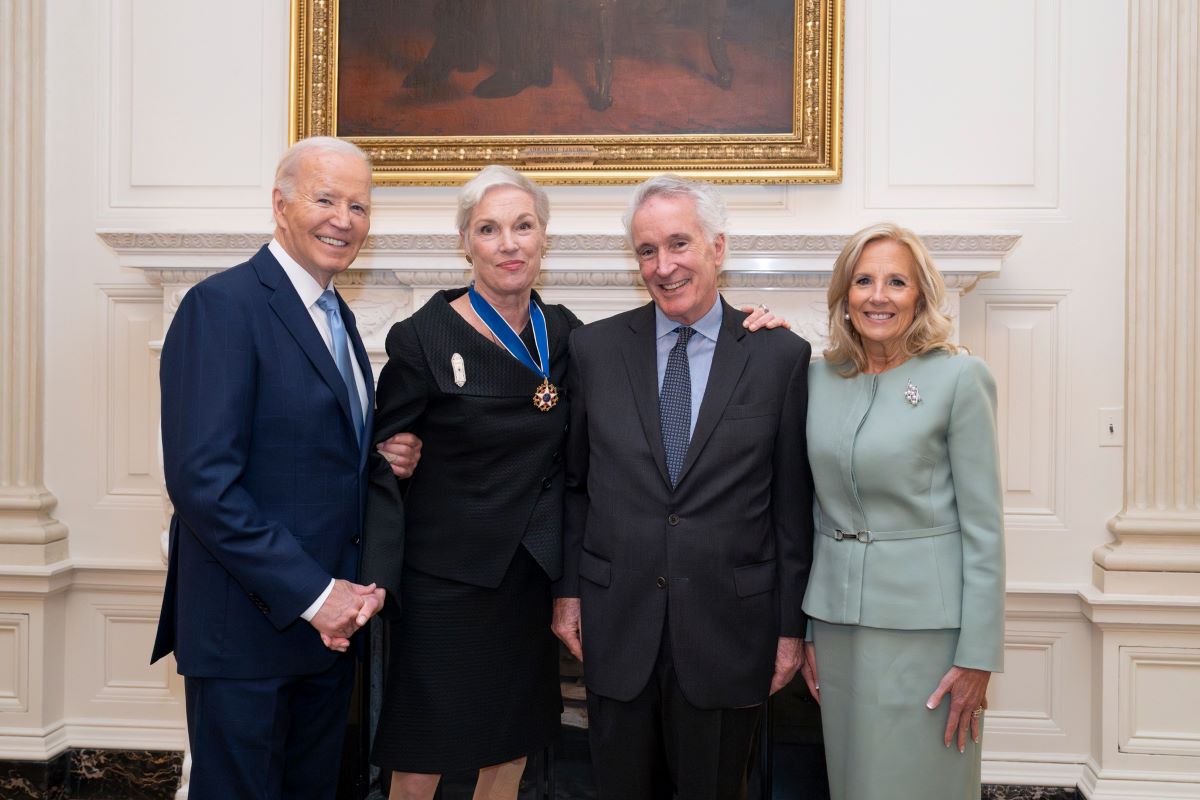Lou Reed’s Rivers’ Contributions
The text discusses the transition in the music industry from cover albums to original compositions, highlighting the impact of iconic artists like The Beatles and the changing expectations for performers. It also delves into tribute albums, the evolution from cover albums, and the challenges artists face in honoring the originals while adding their own touch. The text explores the shift in the music industry from cover albums to original compositions, influenced by legendary artists such as The Beatles. It addresses the evolution towards tribute albums, the departure from cover albums, and the artist’s dilemma of paying homage to originals while infusing their unique style.
Once, all albums were collections of covers. Frank Sinatra and Elvis Presley didn’t just record songs written by other people. They had hits with songs that other acts had already recorded. Then came the Beatles. Performers were now expected to write their own songs, and songs were meant to be authentic reflections of the performers, especially in rock music, where passion trumped technical competence. The cover song declined in value — not least to the performers, who could now earn some of the real money from composers’ royalties. Yet the all-cover album did not disappear.
In 1970, Booker T. & the MGs released McLemore Avenue, an all-instrumental redo of the entire Abbey Road album, and George Benson released The Other Side of Abbey Road, with orchestra and vocals. In the summer of 1973, David Bowie, unable to write the new songs that his record company demanded, recorded Pinups, a collection of 1960s British rock tunes that he had enjoyed as a teenager. Two years later, John Lennon, busted for lifting “Come Together” from Chuck Berry’s “You Can’t Catch Me,” made penance by recording a similar exercise in nostalgia, Rock ’n’ Roll.
The record business or the record buyers demanded new product, and the artists supplied the next best thing. The Bowie album is great: he finds something new, usually himself, in every track. The Lennon album is boring, a tribute act. The same goes for Siouxsie and the Banshees’ Through the Looking Glass (1987). Booker T. and George Benson gave the Beatles a musical upgrade. The Banshees dragged the Doors and Iggy Pop down to their inept level. Guns N’ Roses did the same in their cack-handed collection of punk covers, The Spaghetti Incident? (1993), recorded during their three-year struggle to compile the Use Your Illusion album.
By the 1990s, rock music was explicitly nostalgic, and the stars were beginning to die out. The cover album became the “tribute album,” in which a selection of well-known artists paid homage to another well-known artist by covering a track. Tribute albums have become a genre to themselves. Occasionally, they outdo the original, as Deana Carter’s “State Trooper” and The Band’s “Atlantic City” did on Badlands: A Tribute to Bruce Springsteen’s Nebraska (2000). Sometimes, they refresh old chestnuts, as Johnny Cash did with “In My Life” on 2002’s American IV, or find hidden virtues in new tunes, as Cash did with Nine Inch Nails’s “Hurt” and Ryan Adams did when he rerecorded Taylor Swift’s entire 1989 album in 2015. But usually, they struggle to escape the shadow of the giant they are trying to evoke.
Most rock songs depend on charisma: the presence of the performer, the feel of the original recording. This is especially true with artists who have a strong sonic signature. That didn’t stop Selfless Records (later Clearview Records) of Texas from commissioning various punk bands to rerecord the entire Ramones’ back catalog between 1993 and 2000. Compared to that exercise in futile fandom, Is It Rolling Bob?: A Reggae Tribute to Bob Marley (2004) is positively ingenious. According to the Wikipedia page for “Tribute Albums,” the all-time winner of the homage stakes is, appropriately enough, David Bowie (24 albums). The Eagles have only one album. Fleetwood Mac have two. Supply and demand.
Lou Reed now has two, too, following the release in April of The Power of the Heart. This is a classic tribute album. The object of veneration is dead. Many of the songs are obscure selections (many of the catchier ones appear on the 2021 collection What Goes On, which scraped together historic Reed covers by artists including Bryan Ferry and the Cowboy Junkies). And all of the artists must choose between faithfully impersonating the songwriter’s canonical recording, exploring the latent possibilities of the song, or imposing their own style upon it.
The imposers sound like impostors. Rufus Wainwright ruins “Perfect Day.” Going to the opposite extremes from Reed’s flat tenor effect, Wainwright mumbles the opening of each line as if he’s chewing a sandwich, then warbles the end of the line in a thin tremolo. Worse still, he rewrites the melody of the payoff line, “You’re going to reap just what you sow” — and not for the better. This is almost as atrocious as Rickie Lee Jones’s assault on “Walk On The Wild Side.” She replaces Reed’s signature string bass line with a drunken piano, and her vocal croaks like one of the witches from Macbeth. She even denies us the pleasure of the “Do, do, do, do-do” line. People have been jailed for less.
The Afghan Whigs start the MTV bopper “I Love You, Suzanne” in the style of Bruce Hornsby and the Range, and finish it, if anyone is still listening, with a guitar overload that the song is too frail to carry. The title track, which Reed wrote as a wedding gift to Laurie Anderson in 2008, is bungled by Brogan Bentley, who adds a half-beat hiccup at the start of each verse. Where Reed sounded passionately wizened, Bentley sounds merely self-absorbed.
The faithful impersonators are, as usual, hard to fault, but often hard to care about. Maxim Ludwig and Angel Olsen’s “I Can’t Stand It” confirms Reed’s influence on indie rock, not that confirmation is needed. Adding a footnote to a filler, Joan Jett does her glam-rock routine on Reed’s glam rocker “I’m So Free.” More interesting is Bobby Rush’s “Sally Can’t Dance,” which fulfills the funk potential of the original. The New Orleans singer Mary Gauthier does a beautiful job on “Coney Island Baby,” complete with replica guitar solo.
CLICK HERE TO READ MORE FROM THE WASHINGTON EXAMINER
And now for the explorers. Rosanne Cash (“Magician”) and Lucinda Williams (“Legendary Hearts”) effortlessly steer Reed tunes from garage rock to gritty Americana. Both Cash and Williams are careful in handling Reed’s rhythmic, half-spoken vocal style. Keith Richards, who also has a half-spoken vocal style, struggles a bit with “I’m Waiting For The Man,” though the band, who sound not unlike Reed’s mid-1980s groups, cruise amiably.
The winner? Automatic’s guitar-less “New Sensations” is an all-electro glide. It’s far from Reed’s sound, but the distance throws him into relief: the smooth female vocal brings out the darkness of Reed’s underplayed original. It’s faithful without falling into impersonation, and explorative without trashing the material. It reminds me of the Fleetwood Mac cover album Just Tell Me That You Want Me (2012), where young bands like Best Coast and Tame Impala had fun with their parents’ record collection. And I don’t even like Fleetwood Mac.
Dominic Green is a Washington Examiner columnist and a fellow of the Royal Historical Society. Find him on Twitter @drdominicgreen.
" Conservative News Daily does not always share or support the views and opinions expressed here; they are just those of the writer."





Now loading...